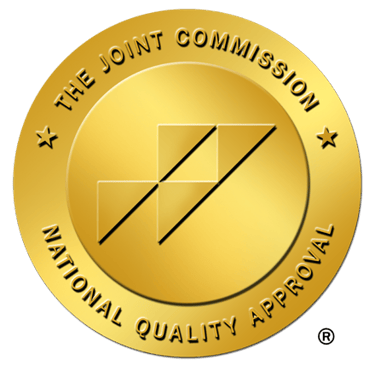

Introduction to Enrichment Therapy
Enrichment therapy has gained significant recognition in the realm of treatment methodologies, particularly in enhancing the quality of care for individuals with various psychological and cognitive challenges. This form of therapy goes beyond traditional treatment methods by incorporating activities and environmental modifications that stimulate an individual's potential for growth, learning, and recovery.
The Benefits of Enrichment Therapy
The primary goal of enrichment therapy is to create an engaging and supportive environment that encourages active participation from individuals undergoing treatment. This approach not only promotes emotional and psychological well-being but also aids in cognitive development and social interactions. Enrichment therapy can be particularly beneficial for patients with conditions such as dementia, autism, and depression, as it offers tailored activities that cater to their unique needs.
By introducing sensory experiences, creative outlets, and social engagement, enrichment therapy helps to stimulate the brain, making it a vital component of holistic treatment plans. Moreover, it fosters a sense of accomplishment and purpose among participants, which is crucial for one's mental health and overall rehabilitation.
Implementing Enrichment Therapy in Treatment Plans
Integrating enrichment therapy into treatment requires careful consideration of an individual's specific condition, preferences, and capabilities. It involves collaboration among healthcare providers, therapists, and family members to identify appropriate activities that will best support the patient's therapeutic goals. Activities might include art projects, music therapy sessions, gardening, or interactive games that not only engage individuals but also stimulate cognitive functions.
Additionally, the environment in which enrichment therapy takes place should be conducive to relaxation and exploration. This may involve creating sensory rooms or peaceful outdoor spaces that allow individuals to engage freely with their surroundings. By forming a therapeutic alliance built on trust and respect, healthcare providers can successfully implement these enrichment strategies, promoting autonomy and self-expression.
Conclusion: The Significance of Enrichment Therapy
In conclusion, enrichment therapy is an essential component of modern treatment strategies that promotes enhanced well-being and overall health for individuals with diverse needs. By emphasizing the importance of emotional and cognitive enrichment, healthcare professionals can significantly improve patient outcomes and quality of life.
As the field of therapy continues to evolve, an increasing focus on such innovative approaches will undoubtedly lead to more personalized and effective treatment plans. It is imperative for both healthcare providers and caregivers to recognize and harness the full potential of enrichment therapy, ensuring that all individuals have the opportunity to thrive in their therapeutic journeys.
Understanding the Role of Enrichment Therapy in Treatment
TYPES OF TREATMENT







